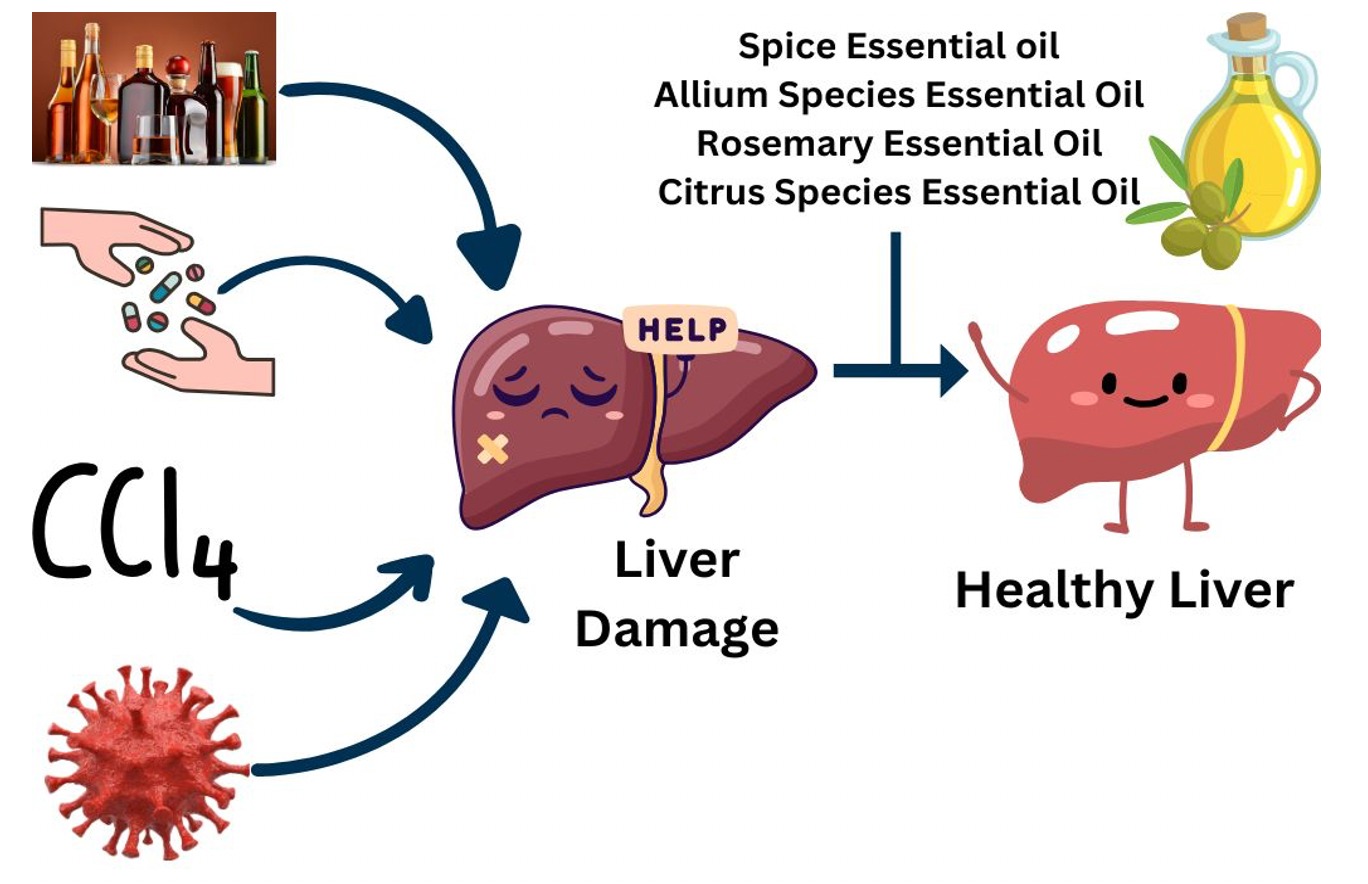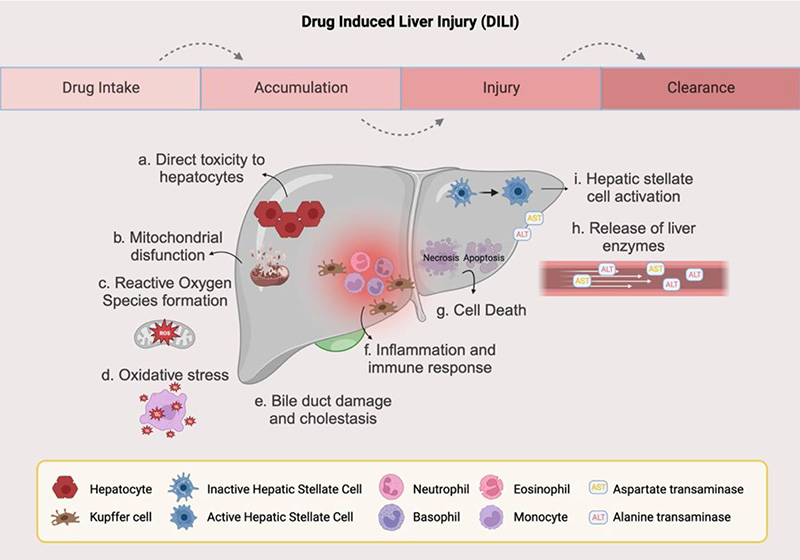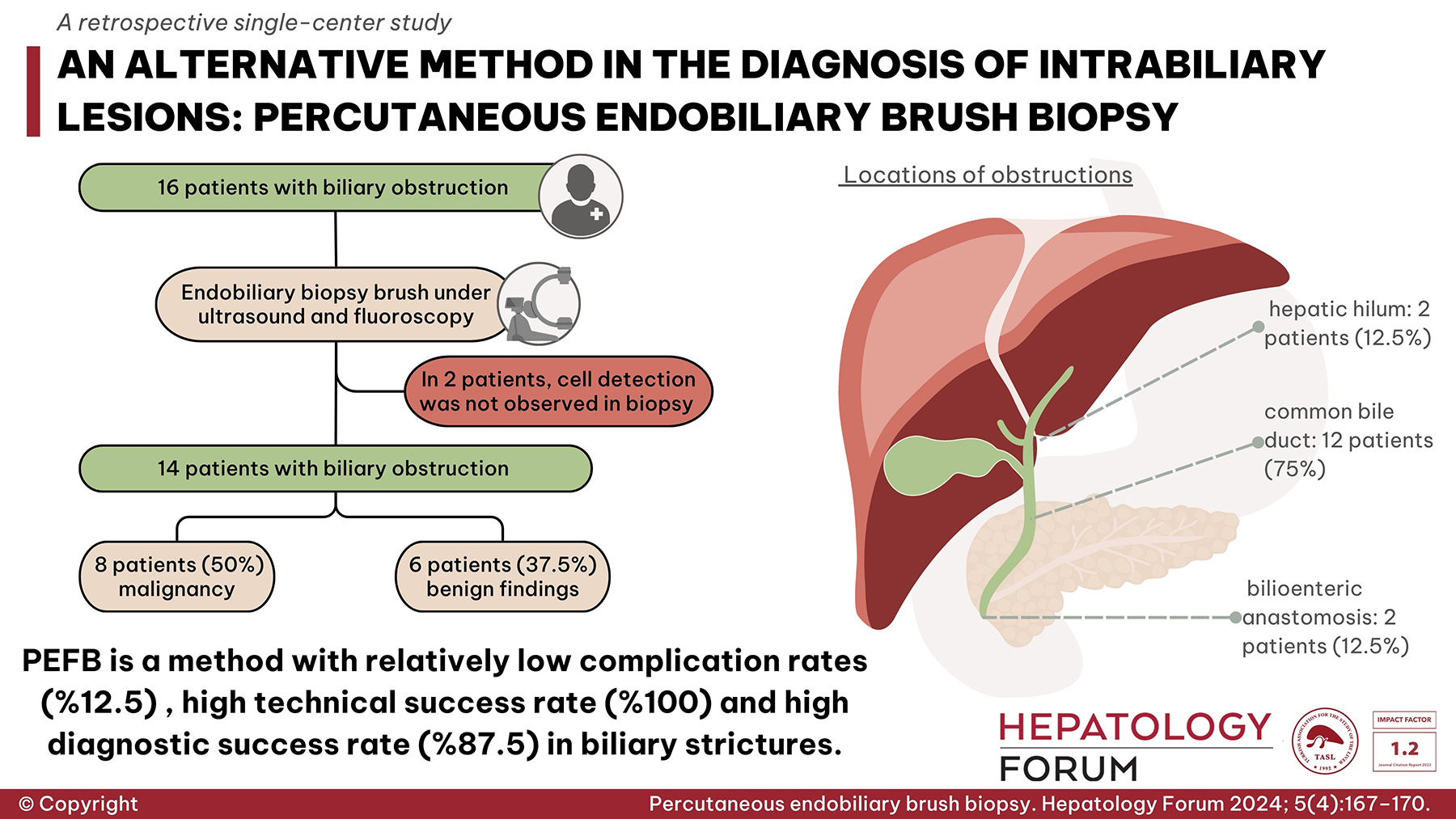2Department of Internal Medicine, Medeniyet University, Suleyman Yalcin Training and Research Hospital, Istanbul, Turkey
Abstract
Background and Aim: This study aimed to evaluate the changes in the clinical characteristics of chronic Hepatitis B (CHB) patients at the initiation of treatment over a 15-years period.
Material and Methods: The study included 659 treatment-naive CHB patients who started receiving nucleos(t)ide analogs between January 2006 and December 2020. The patients included in the study were divided into three groups of five years each, according to the start date of treatment.
Results: The mean age was 46.2±14.5 years and 445 (67.5%) were male. Two hundred and five (31.1%) patients had cirrhosis. Hepatocellular carcinoma (HCC) developed in forty-one patients (6.2%). Compared to patients in Group 1, Group 2 were younger and had lower decompensated cirrhosis, HCC and ascites, had higher Child A cirrhosis (all p<0.05). Cirrhosis and esophageal varices were higher in patients in Group 3 compared to patients in Group 2 (all p<0.05). Entecavir or tenofovir use increased from 66.5% in Group 1 to 99.2% in Group 3 (p<0.05).
Conclusion: The mean age at initiation of treatment for CHB patients increased. The patients had less cirrhosis. In the last 5 years, almost all patients were treated with entecavir or tenofovir.





 Ozgur Bahadır1
Ozgur Bahadır1 









